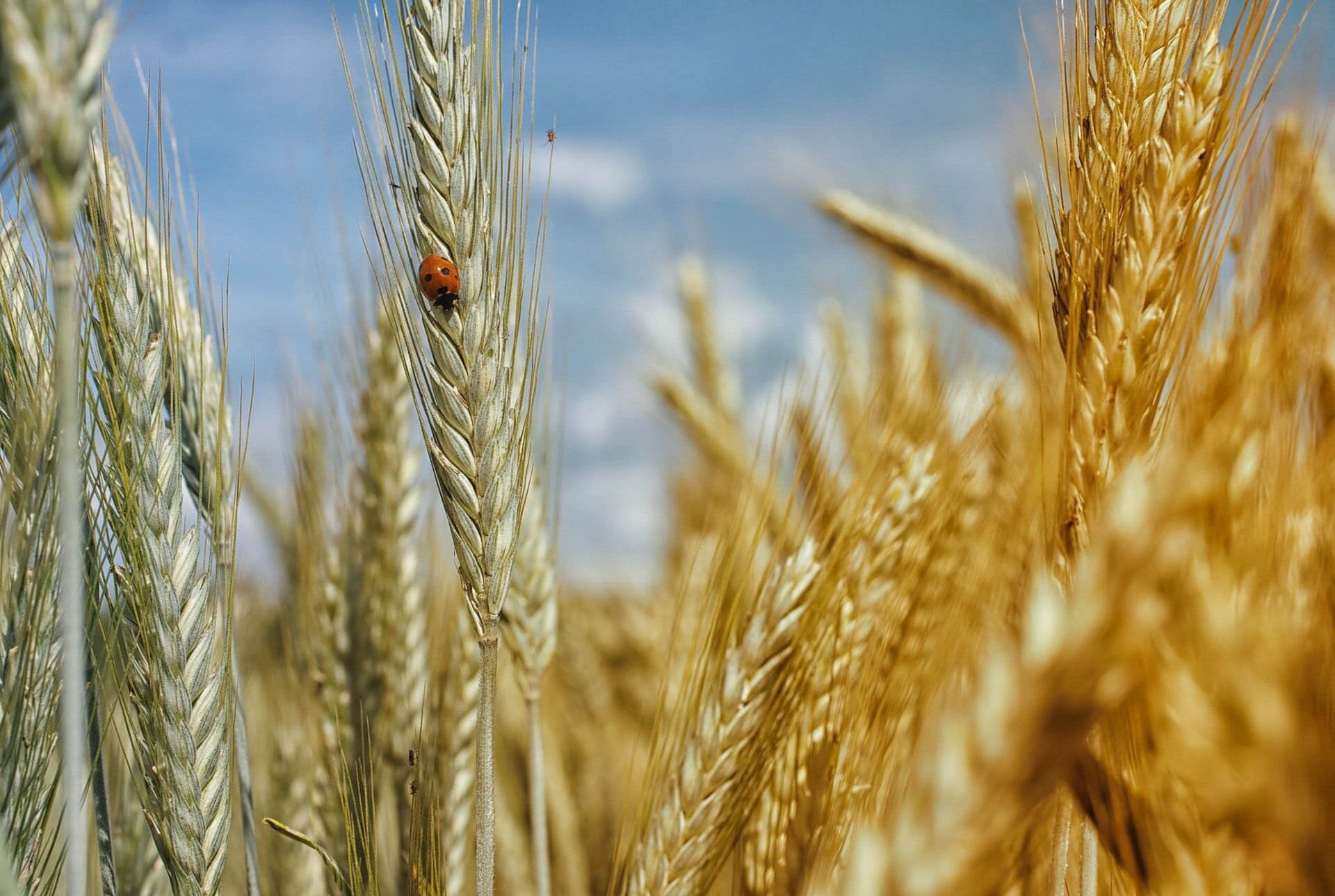Dirty Dozen Updated -- What to Buy Organic
/“Should I Buy Organic?” is a question I’m frequently asked at speaking events and by my clients. It’s never a simple “Yes” or “No” answer because there are many factors to consider. But I always find the “Dirty Dozen” to be a useful starting point in providing an answer. Every year the Environmental Working Group publishes its list of the “Dirty Dozen” (now called The Dirty Dozen Plus) that identifies which fruits and vegetables rank highest in pesticide residue.
In 2016, strawberries take the infamous award as #1 on the list, beating out apples -- which have been #1 for the last 5 years. The report from the Environmental Working Group uses data from pesticide residue testing done by the U.S. Department of Agriculture (USDA) and the Food and Drug Administration (FDA). Strawberries had evidence of 5.75 different pesticides per sample (compared to 1.74 pesticides per sample for all other produce tested). But the “good news” is only about 7% of the strawberries sampled had pesticide levels above what is considered allowable under U.S. law (set by the U.S. Environmental Protection Agency).
What does all of this mean?
There were almost 6 different residues found on the strawberries sampled, but 93% of the time the amount was very, very small. I realize that may or may not make you feel better about it…
After strawberries, the "dirty dozen," list in order, are apples, nectarines, peaches, celery, grapes, cherries, spinach, tomatoes, sweet bell peppers, cherry tomatoes and cucumbers. I mentioned the list is now called The Dirty Dozen Plus. That’s because hot peppers, kale and collard greens are included, but don't technically make the "dirty dozen" list.
What’s The Bottom Line?
Buy organic fruits and vegetables on the Dirty Dozen Plus list
Buy them locally as often as possible.
A few more tips…
- Studies show organic produce is not nutritionally better than conventional produce.
- Organic produce should always be washed just as thoroughly as conventional produce.
- Scrub firm produce, such as apples, cucumbers and melon, with a produce brush.
- Thoroughly rinse all produce -- even items that come in a package.
For a list of all 48 Fruits & Vegetables included on the list, click here .
For the full Environmental Working Group report, click here.













